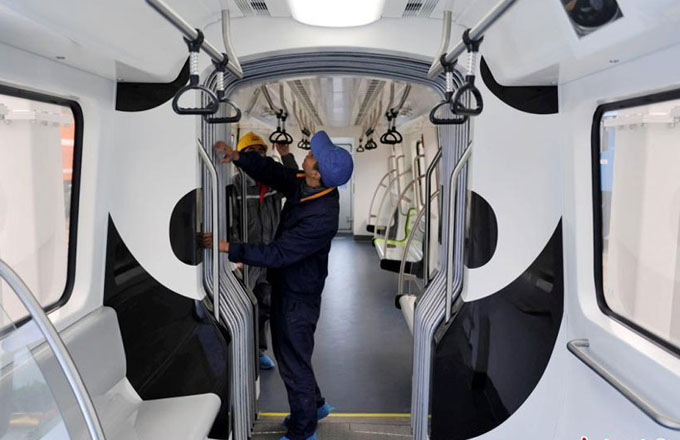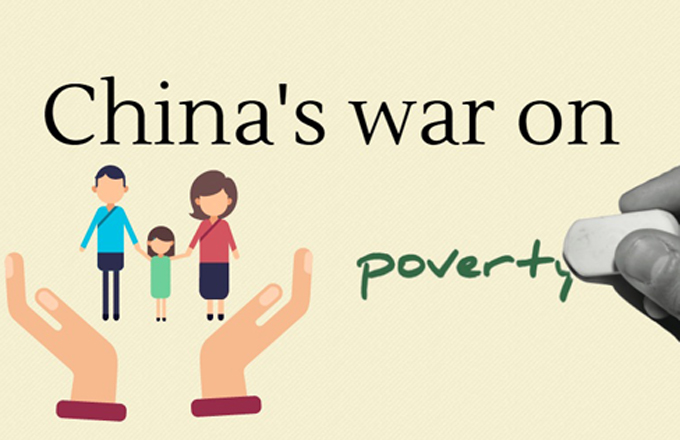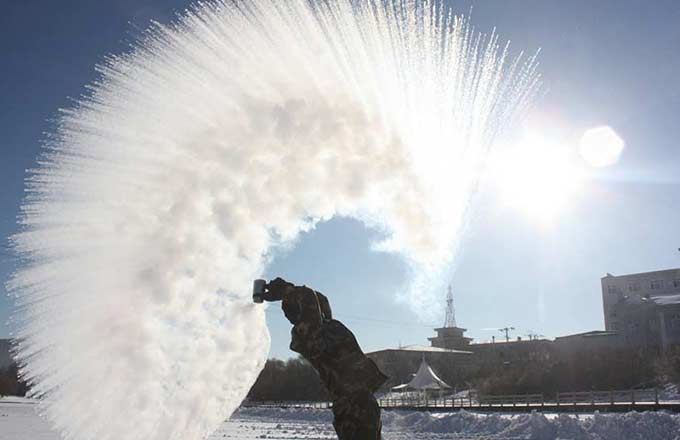New irrigation tech saves 50% of water
WUHAN - Chinese scientists have developed a new irrigation technology that consumes 50 percent less water than drip irrigation technology.
The trace quantity irrigation technology is based on the soil capillary force principle. When the technology is applied, plants take the initiative in absorbing water according to their respective demands, rather than being watered passively, said Zhu Jun, an irrigation expert at Huazhong University of Science and Technology.
The key to the trace quantity irrigation technology is a water control tap, which consists of capillary pipes with sound water-diversion functions and trace quantity irrigation films with filtering functions, Zhu said at a press briefing on Tuesday in Wuhan, capital of Central China's Hubei province.
The water control tap is buried close to the roots of a plant, and it can sense the rise and fall of water levels in the soil and provide water accordingly, Zhu said.
The trace quantity irrigation films inside the water control tap can prevent the capillary pipes from getting blocked, he said.
The technology uses capillary force to automatically adjust the amount of water supplied to plants. It can maintain stable water content in soil and reduce water evaporation and underground leakage, thus improving water use efficiency, he said.
Zhu's teams conducted field tests of the technology on crops, greenhouses, orchards and forests in Beijing, Xinjiang Uygur autonomous region, Inner Mongolia autonomous region and Guangxi Zhuang autonomous region starting in 2007.
The quality of the radishes raised with the new technology is also better, and the radishes were warmly welcomed at markets, said Bai Yongjiang, a farmer in Beijing who began using the technology in 2009.
The trace quantity irrigation technology boasts more benefits than Israel's drip irrigation technology. It consumes less water and improves crop output, said Li Zuojun, deputy director of the Resource and Environmental Policy Institute with the State Council Development Research Center.
The technology can protect and expand China's cultivated land area and improve the ecological conditions of China's arid regions, if used on a mass scale, Li said.


























